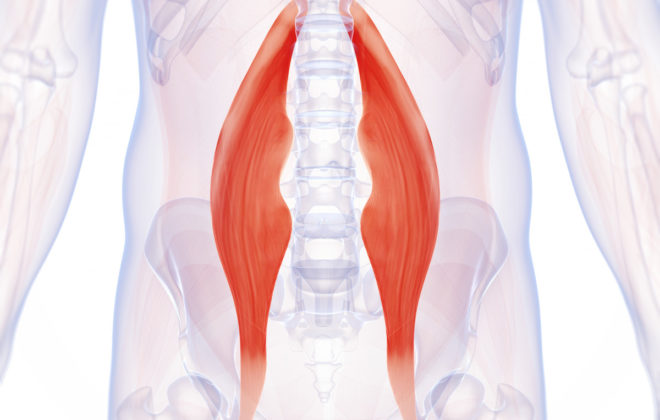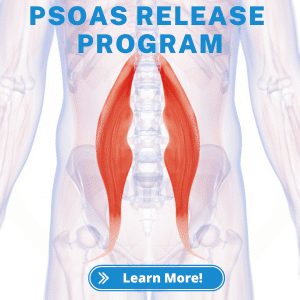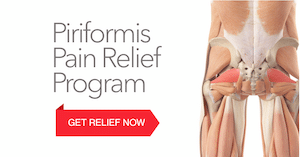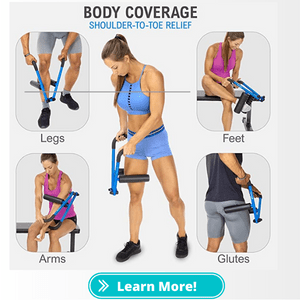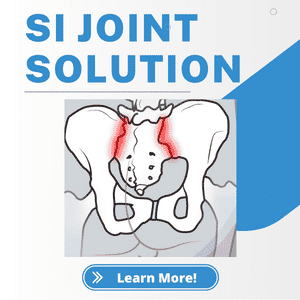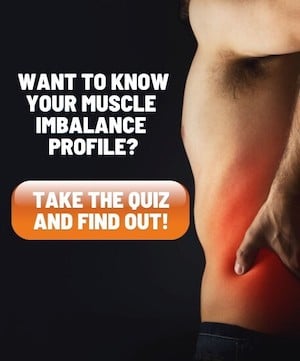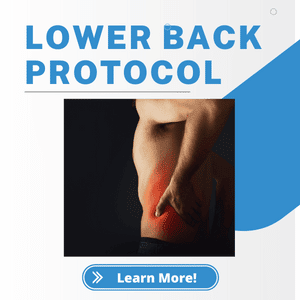Enhancing Flexibility and Performance with Psoas Stretching and Related Techniques
Psoas stretching is a key component of maintaining overall well-being, but it doesn’t have to stop there. In this blog post, we will explore how combining psoas stretching with other related techniques can further improve posture, prevent back pain, and increase flexibility for a healthier, more active life. By incorporating these additional techniques, you can optimize your stretching routine and experience even greater benefits.
Psoas Stretching and Core Strengthening
A strong core is essential for good posture, balance, and injury prevention. Combining psoas stretching with core-strengthening exercises can help you achieve a more balanced and efficient body.
A very common problem that I see is ONLY focusing on stretching the psoas muscle. While quick and lasting improvements can be made with stretching, what is most overlooked is the fact that strengthening everything else around the psoas helps to create lasting results. Remember no muscle works by itself!
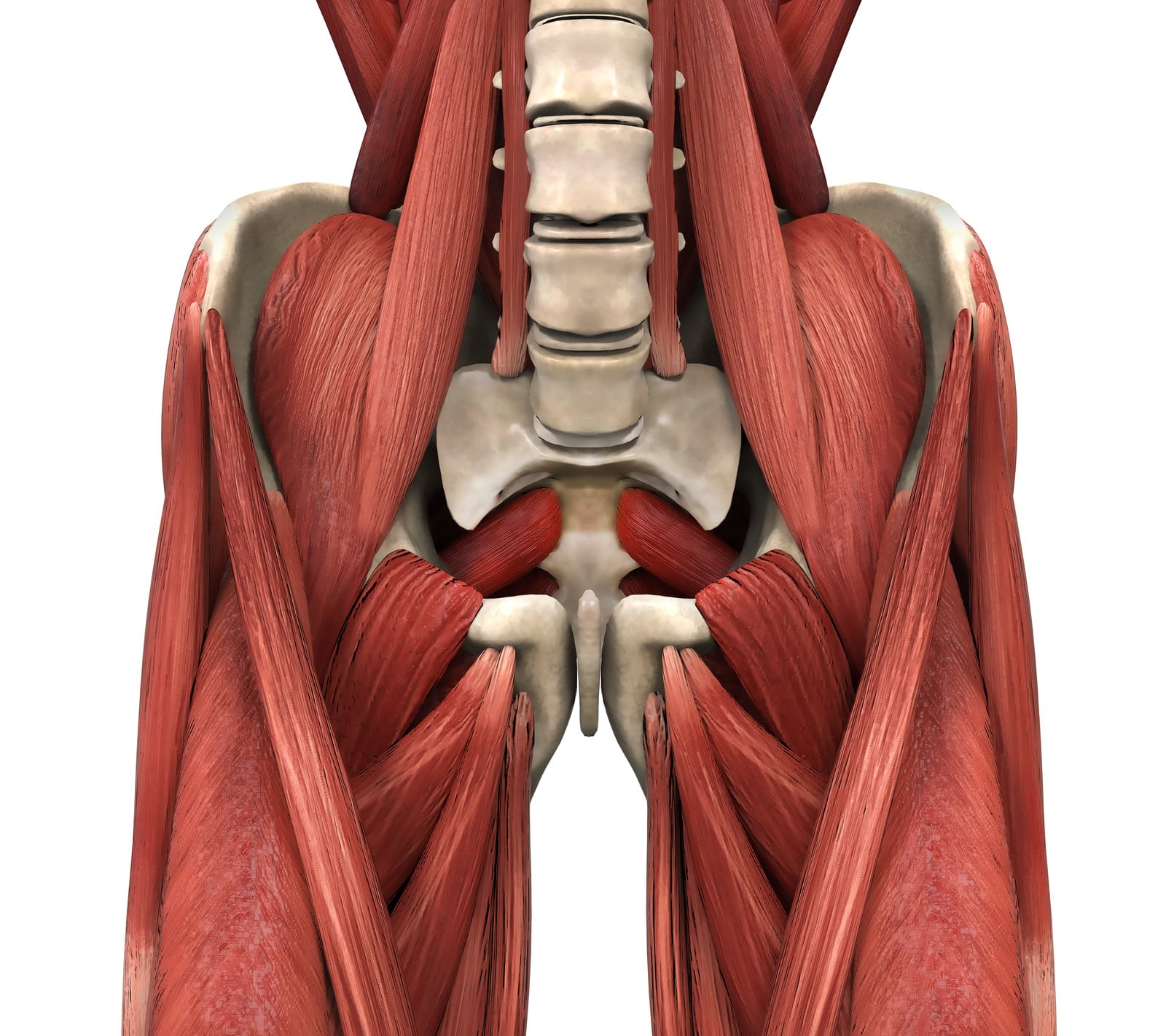
Key Core Strengthening Exercises
Traditional Plank
Opposite Arm + Leg Raise (Bird Dog)
Supported Lower Abdominal Exercise
Benefits of Combining Psoas Stretching and Core Strengthening
- Improved posture and spinal alignment
- Enhanced balance and stability
- Reduced risk of injuries, especially in the lower back
Psoas Stretching and Hip Mobility Exercises
Hip mobility is crucial for overall flexibility, athletic performance, and daily activities. By incorporating hip mobility exercises into your psoas stretching routine, you can further enhance your range of motion and reduce the risk of injury.
Key Hip Mobility Exercises
90-90 Hip Stretch
Fire Hydrants
Leg Swings
Benefits of Combining Psoas Stretching and Hip Mobility Exercises
- Increased range of motion in the hips
- Improved functional movement and athletic performance
- Reduced risk of hip-related injuries
Psoas Stretching and Lower Back Stretches
Lower back pain is a common issue that can be alleviated with proper stretching techniques. Combining psoas stretching with targeted lower back stretches (and massage techniques) can help address the root causes of discomfort and prevent future issues.
Key Lower Back Stretches
Cat Cow
Child’s Pose
Knees To Chest Stretch
Benefits of Combining Psoas Stretching and Lower Back Stretches
- Alleviated lower back pain and discomfort
- Improved spinal alignment and flexibility
- Reduced risk of developing chronic back issues
Psoas Stretching and Foam Rolling
Foam rolling is a self-myofascial psoas release technique that can help alleviate muscle tightness, improve flexibility, and speed up recovery. Incorporating foam rolling into your psoas stretching routine can enhance the effectiveness of your stretches and provide additional relief.
Key Foam Rolling Techniques for Psoas
Foam Roll Hip Flexors/Quads
Iliotibial (IT) band release
Benefits of Combining Psoas Stretching and Foam Rolling
- Reduced muscle tightness and tension
- Enhanced effectiveness of stretches
- Accelerated recovery and reduced risk of injury
Conclusion
By combining psoas stretching with related techniques, such as core strengthening, hip mobility exercises, lower back stretches, and foam rolling, you can create a comprehensive routine that addresses multiple aspects of flexibility, posture, and overall well-being. Incorporating these additional techniques can help you maximize the benefits of your stretching routine and lead to a healthier, more active, and pain-free life.
Sam Visnic
Most Popular Posts
Categories
- Deep Gluteal Pain Syndrome (8)
- Deltoids (2)
- Foam Rolling (2)
- Glutes (9)
- Hamstrings (5)
- Hypnosis for Pain (3)
- Lats (2)
- Levator Scapulae (4)
- Lifestyle (8)
- Massage Therapy (39)
- Mobility (21)
- Movement and Exercise (19)
- Muscles (22)
- Nutrition (2)
- Obliques (1)
- Pain (25)
- Pectorals (3)
- Piriformis (3)
- Plantar Fasciitis (11)
- Psoas (11)
- Quadratus Lumborum (3)
- Quadriceps (2)
- Rhomboids (3)
- Sciatica (1)
- Serratus Anterior (1)
- SI Joint (14)
- Sternocleidomastoid (1)
- Stretching (18)
- Subscapularis (1)
- TMJ (2)
- Trapezius (1)
- Uncategorized (12)

